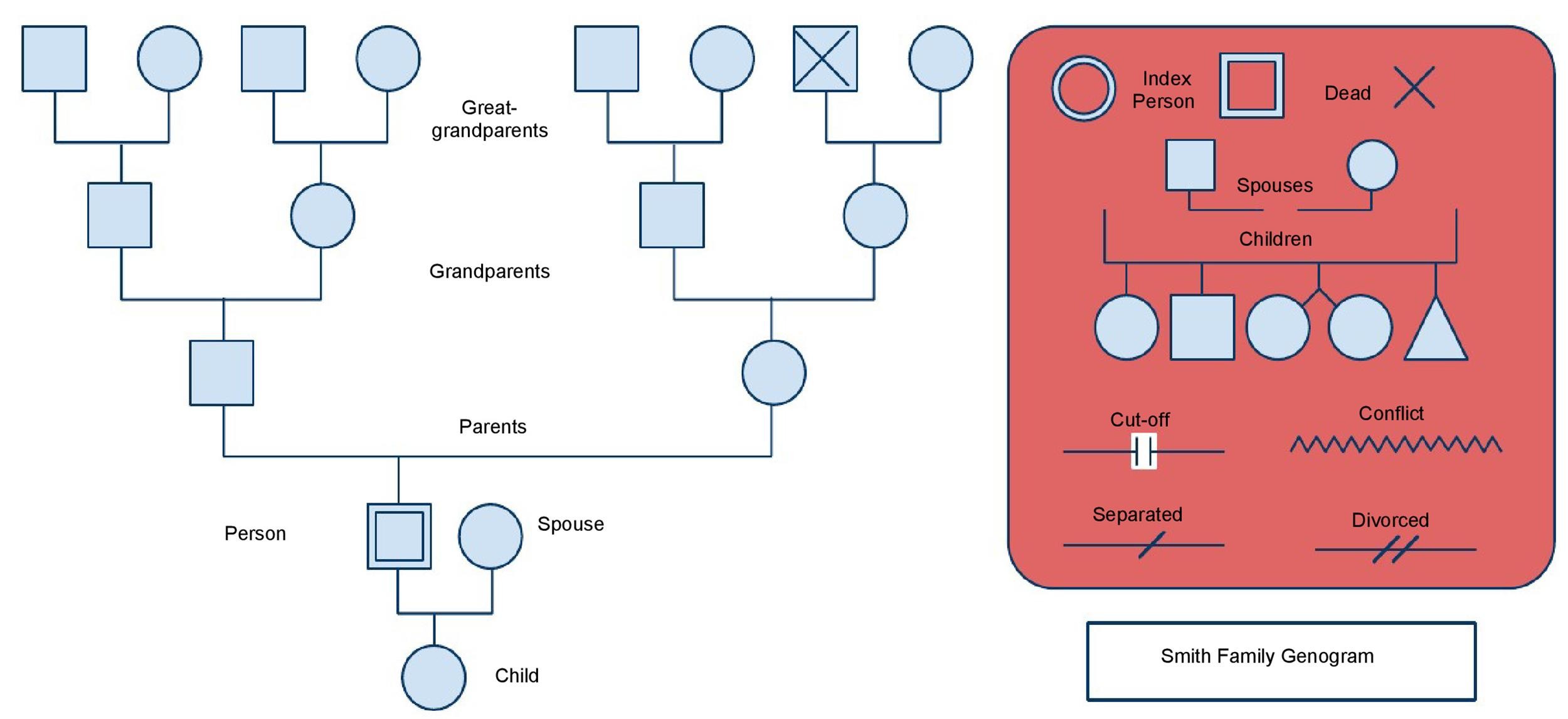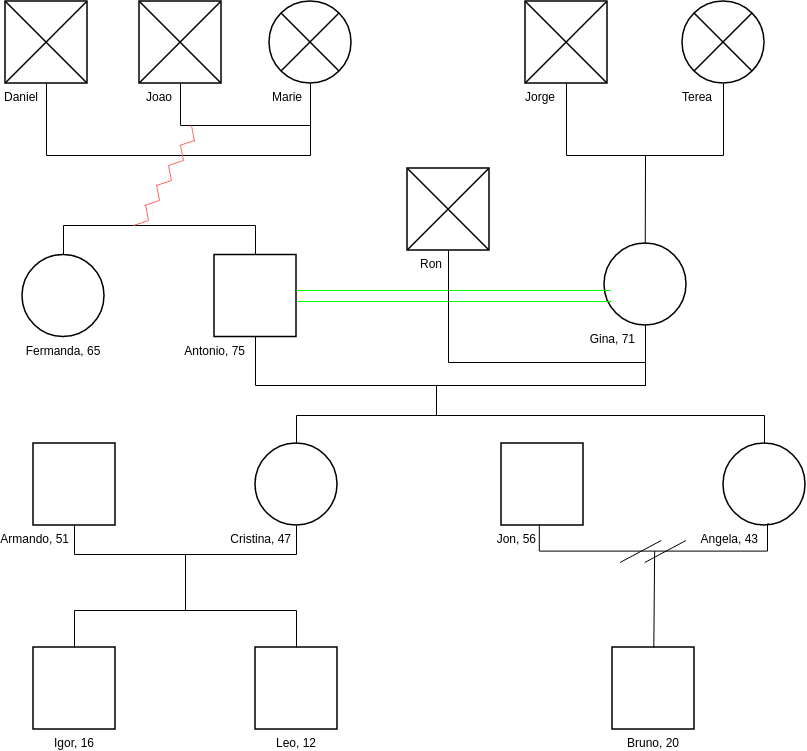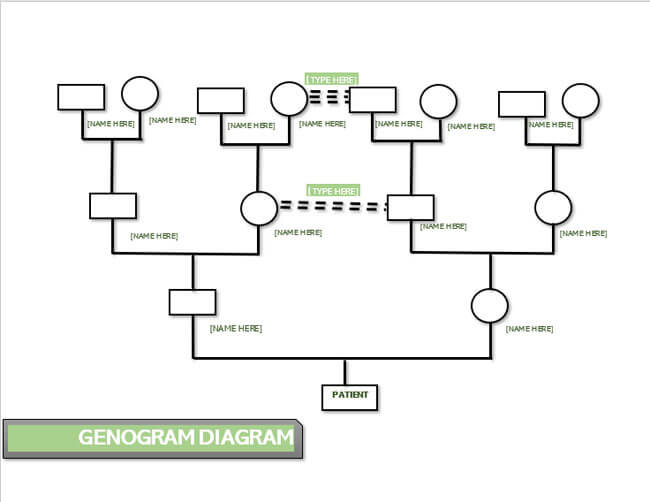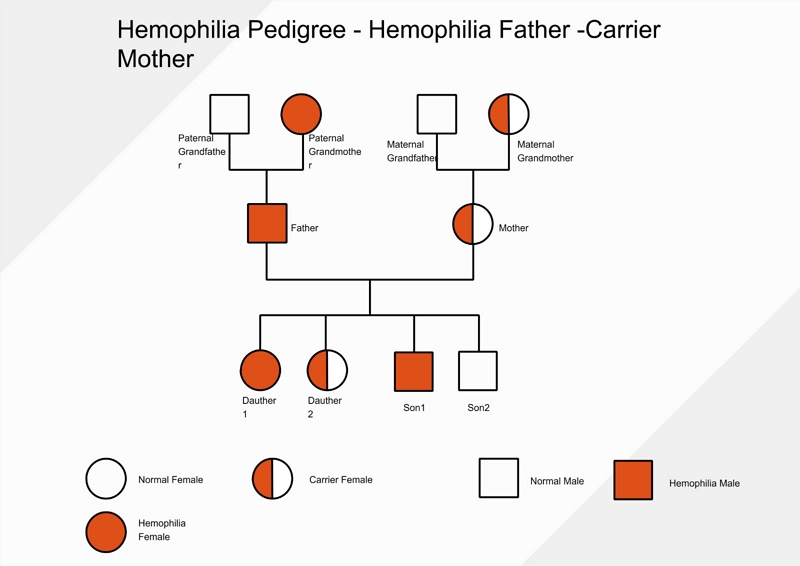


In fact most studies have revealed that parents are the single most important factor in a child’s life, the quality of a child’s family environment and structure greatly influences his/her personality and chances of succeeding in life. Parents on the other hand have the responsibility to provide for the psychological, emotional, social, and cognitive needs of their children. Nevertheless, the family exists as the source of love and trust, children look up to their parents for affection, unconditional love, guidance, and respect.

If you're writing up the family history, patterns established in a genogram can be very helpful as a way of explaining why ancestral family members left one geographical area for another, what sorts of relationship issues members had and may help to unearth other family members who were not officially recognized.Family relationships are never simple and straightforward it is wrought with interpersonal dynamics, communication patterns, parenting styles, child’s temperament, emotional expression, socialization, religion, cultural traditions and more (Gehart & Tuttle, 2003).Be very careful to avoid approaching your family members in a judgmental way as a result of making a genogram talk to your family or personal counselor before proceeding to reach conclusions from a self-generated genogram. While you might find your aunt has a tendency to quit every job she has ever had while your cousin has always seemed to steal other people's boyfriends, it's not a good idea to use the genogram to "prove" your point that a family member needs psychoanalysis. Avoid using the genogram to make assumptions about the motivations of family members as well, or using this to confront them.
Sample genogram professional#
Talk to a medical professional about any potential for hereditary problems of this type. The data is one thing, but avoid using it to confirm that your family has a particular disease, or mental issue. There may be hereditary patterns or particular psychological tendencies that are very noticeable when grouped together in this way. Once you've made the genogram, look carefully to see what patterns can be identified. Do you want to know who in your family has depression, addictions, or a history of cancer? Perhaps you want to know more about why your mother and her mother never get along, by looking for the right clues you’ll be able to make a genogram that serves your goals.

Once you know why you're making a genogram, whether it’s for a healthcare provider, school project, or just to get to know you and your family more, knowing what it is you want to learn can help you to organize how you go about populating your genogram.


 0 kommentar(er)
0 kommentar(er)
